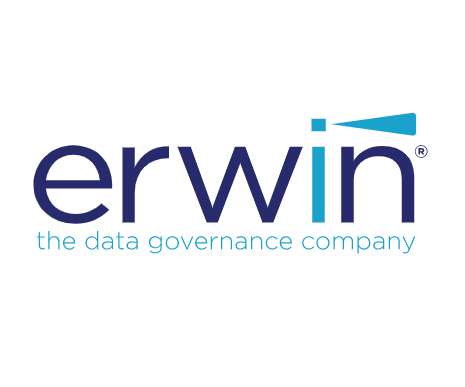Why You Need End-to-End Data Lineage
erwin
SEPTEMBER 10, 2020
In a previous blog , I explained that data lineage is basically the history of data, including a data set’s origin, characteristics, quality and movement over time. This information is critical to regulatory compliance, change management and data governance not to mention delivering an optimal customer experience.




















Let's personalize your content